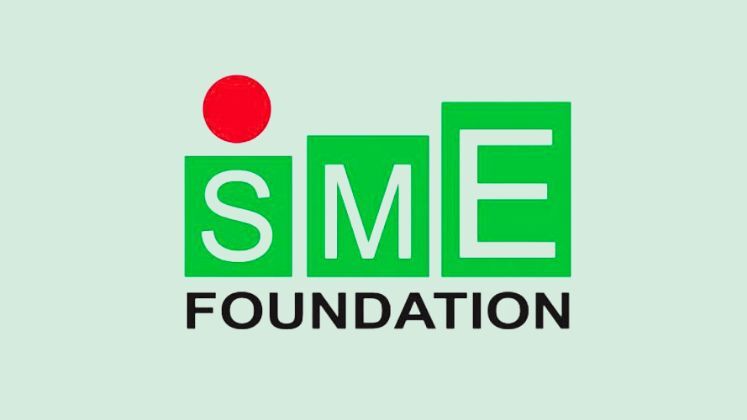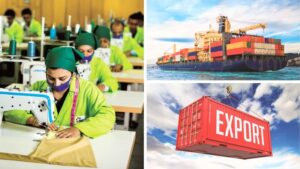
The Small and Medium Enterprise (SME) Foundation has called for regular budget allocations to effectively implement the newly drafted SME Policy 2025, which aims to bolster the contributions of SMEs, including those in the ready-made garment (RMG) sector, to Bangladesh’s economy. This appeal was made by Md Mushfiqur Rahman, chairman of the SME Foundation, during a workshop titled SME Policy-2025: Opportunities and Challenges: Role of the Media’ organised in collaboration with the Economic Reporters Forum.
The Ministry of Industries is currently drafting the SME Policy 2025 to replace the expired 2019 policy, with plans for implementation from July 2025 to June 2030. Rahman underscored the importance of consistent monitoring and financial support for this initiative, which is crucial for enhancing the competitiveness of SMEs, including those that supply to the RMG sector—a key driver of the Bangladeshi economy.
In the workshop, Mohammad Jahangir Hossain, general manager of the SME Foundation, detailed that the new policy encompasses 83 strategies, 310 activities, and 10 strategic goals aimed at revitalizing SMEs across various industries, with a particular focus on enhancing the capabilities of suppliers to the RMG sector. This connection is vital, as the cottage, micro, small, and medium enterprises contribute 28 percent to the country’s GDP and employ 85 per cent of the industrial workforce, many of whom are engaged in the RMG supply chain.
The SME Policy 2025 proposes short-term (1 year), medium-term (2-3 years), and long-term (4-5 years) strategies, emphasising the organisation of regular meetings, financial allocations, and the establishment of SME Foundation offices beyond Dhaka to ensure a broader impact. Additionally, the foundation is tasked with increasing financial resources and monitoring the implementation of these efforts.
The SME Foundation has previously launched numerous initiatives to support SMEs, including national and regional fairs, facilitating international market access for over 200 entrepreneurs, and recognizing 57 successful entrepreneurs with the National SME Entrepreneur Award. Notably, these efforts also include promoting women entrepreneurs through various programs and creating online platforms for suppliers, many of whom are integral to the RMG industry.
Taskin Ahmed, president of the Dhaka Chamber of Commerce and Industry, pointed out existing challenges such as limited access to financing, high-interest rates, and inadequate marketing opportunities. He advocated for targeted plans to address these barriers, suggesting that the medium sector should be classified separately to facilitate increased credit supply to small entrepreneurs, particularly those supplying the RMG sector.
Despite the optimism surrounding the new policy, experts have expressed concerns that the SME Policy 2025 has been drafted without significant changes from the previous policy, which failed to meet its main targets. The importance of aligning the new policy with the needs of the RMG sector remains a critical area for development as the government seeks to harness the full potential of SMEs in driving economic growth.
The workshop was attended by notable figures including ERF president Doulat Akter Mala and general manager Abul Kashem, all of whom recognize the pivotal role of SMEs, especially those linked to the RMG sector, in Bangladesh’s economic landscape.






